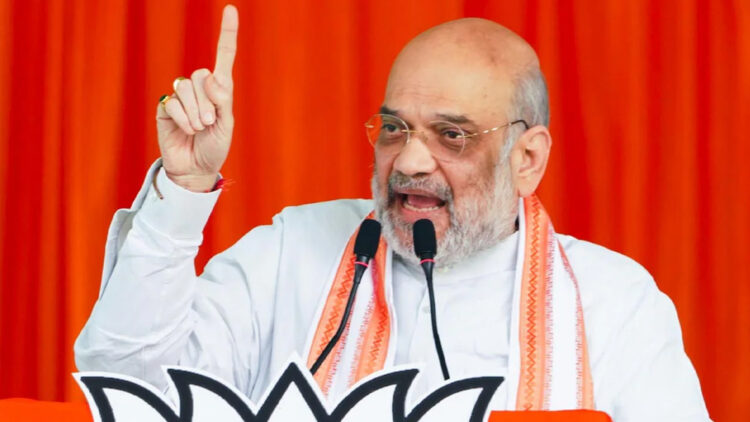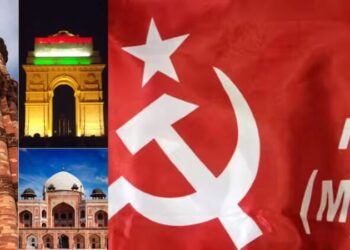New Delhi: The Citizenship Amendment Act (CAA) amends the Citizenship Act of 1955 to provide a path to Indian citizenship for Hindus, Christians, Sikhs, Buddhists, Jains, and Parsis who migrated due to persecution from neighboring countries such as Pakistan, Bangladesh, and Afghanistan before December 31, 2014. However, several questions have arisen regarding why Muslims do not qualify under the CAA, while Christians, Parsis, Jains, Buddhists, and Sikhs do qualify. Amidst these questions, Union Minister Amit Shah responded during an interview with the ANI news agency.
Union Home Minister Amit Shah stated that the basis of the CAA law is the migration problems that arose after the partition of India following British rule. He emphasized the country’s responsibility to provide shelter to those who were part of India and suffered from religious persecution.
Amit Shah said that at the time of partition, Hindus constituted 23% of the population in Pakistan. Today, that figure has decreased to just 3.5%. Many did not reach India but were subjected to forced religious conversion, exploitation, humiliation, and discrimination, being discriminated and considered second-class citizens.
Amit Shah pointed out that in 1957, Hindus in Bangladesh made up 22% of the population, which decreased to below 10% by 2011.
In 1992, there were around 2 lakh Hindus and Sikhs in Afghanistan, but now only around 500 remain. Amit Shah questioned their whereabouts, emphasizing that these countries were part of India before partition and their people are also ours, ‘Akhand Bharat.’
Amit Shah also mentioned the Shia and Ahmadiyya sects, who are still considered ‘Muslims’ by the world. He stated that if they want Indian citizenship, they can apply, and their applications will be considered based on eligibility criteria, including national security.
In conclusion, Amit Shah emphasized that the CAA is a ‘special Act’ for persecuted minorities from three countries.













Comments